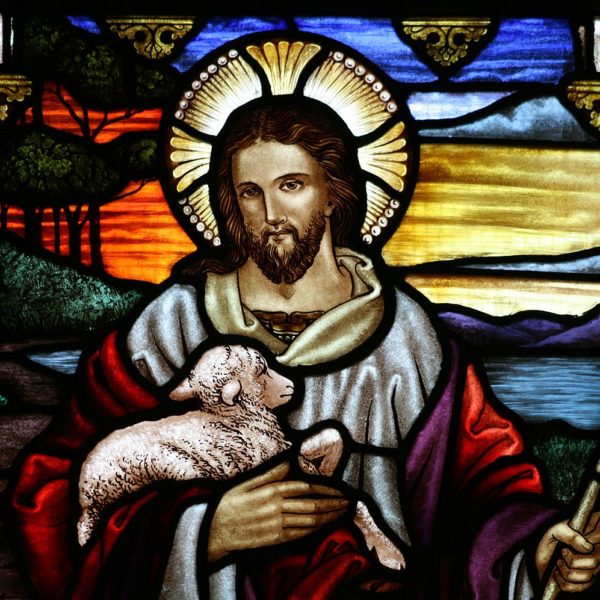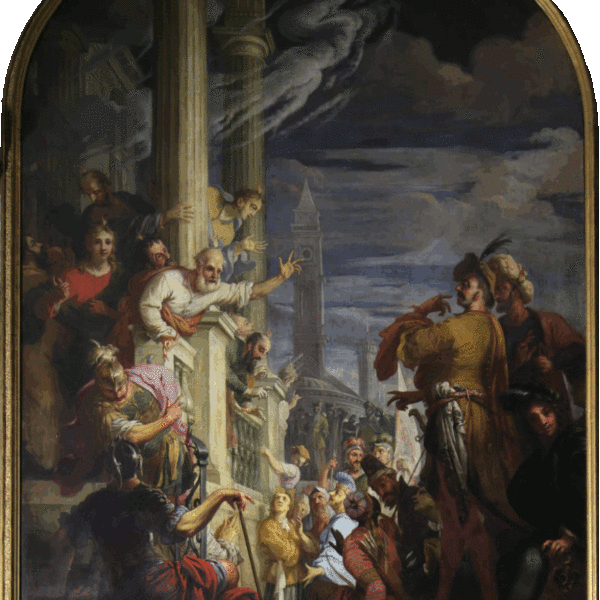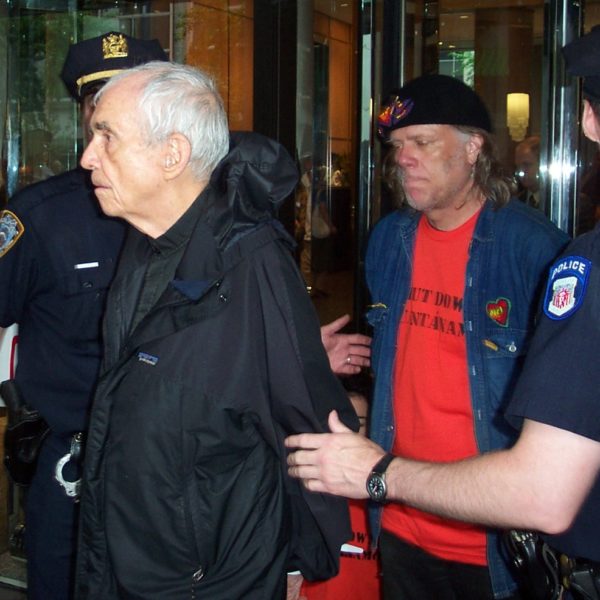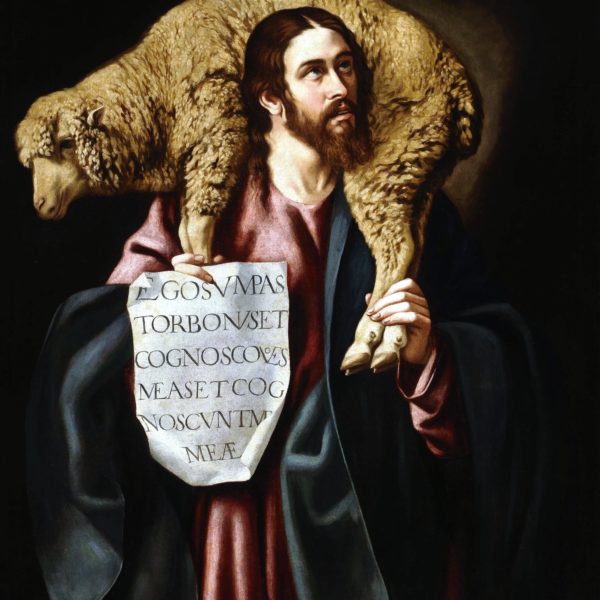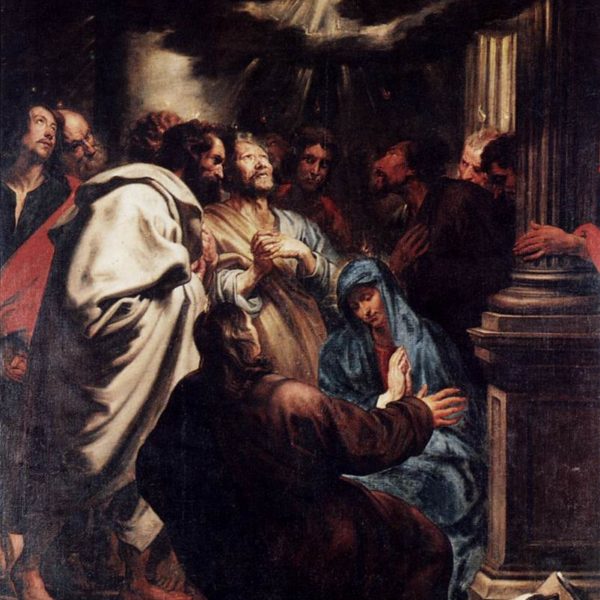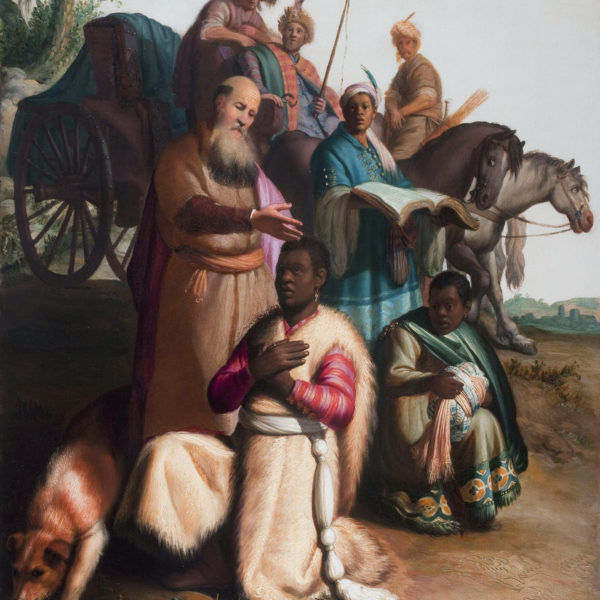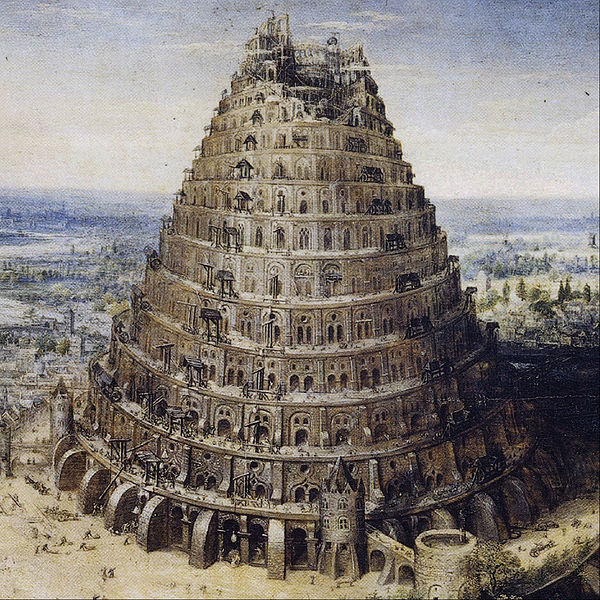
As the people of Pentecost, our political vocation is to manifest the reality of God’s worldwide kingdom, to be a place where the enmity between peoples is overcome and the many tongues of humanity freely unite in the worship of their Creator. Amidst the Babelic projects of the ages, the Church proclaims by its existence that the kingdom belongs to God, that there is no other true ruler over all the nations.
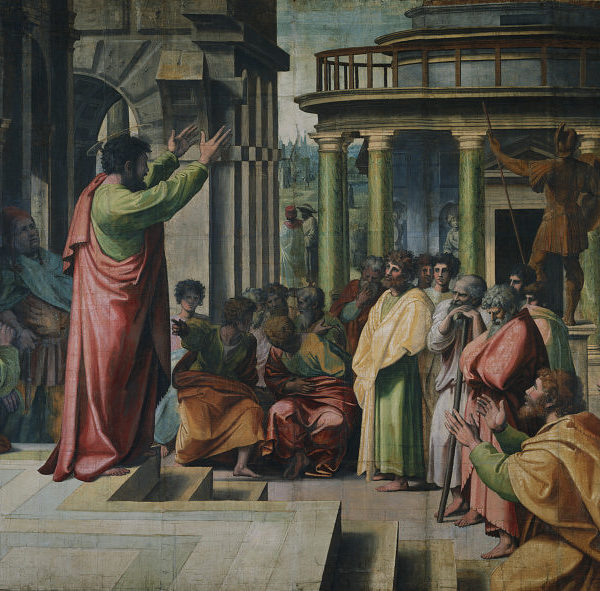
In the face of the thoroughly known god who sponsors our political ideologies and patriotic projects, we must join with the Apostle Paul in proclaiming the unknown God. Cutting across our speculation, superstition, and listless curiosity in the revelation of Jesus Christ, this God punctures our comfortable idolatries and calls us all to give account.
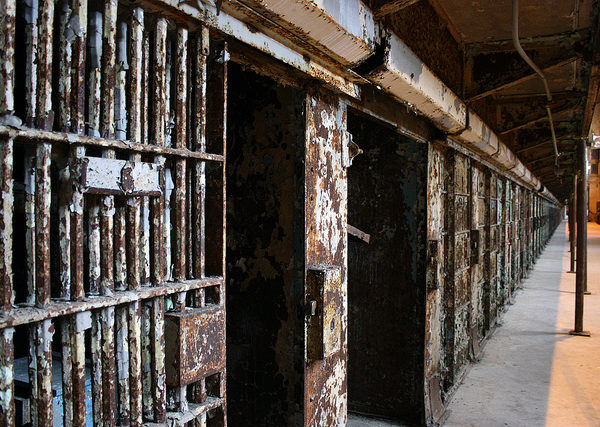
In the account of the slave with the spirit of divination, Paul, Silas, the Philippian jailer, and his family we encounter dynamics of agency and constraint, of freedom and slavery. There are a number of surprising instances of human action within this narrative which nonetheless speaks powerfully of the power and activity of God.
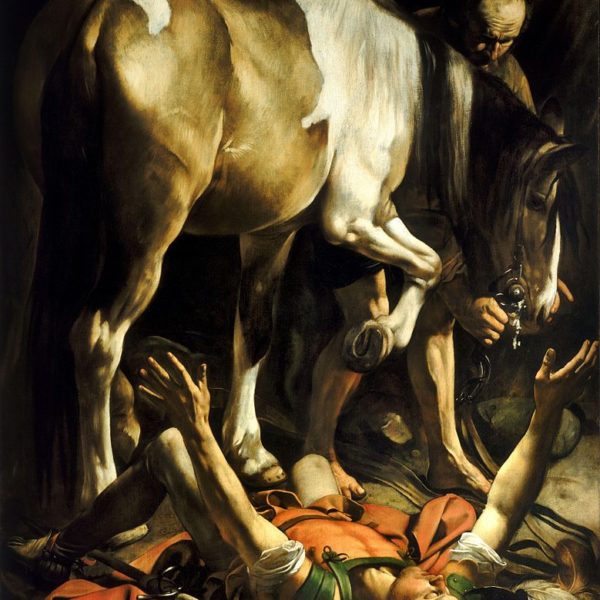
The story of the encounter of Saul of Tarsus with the risen Christ on the road to Damascus is read in a number of differing ways, readings often shaped by what the church has become for us. At our juncture in the developing history of ‘The Way’ we have the opportunity to explore a different vantage point on this story, one shorn of much of the triumphalism of past readings and tempered by our uncertain times.
